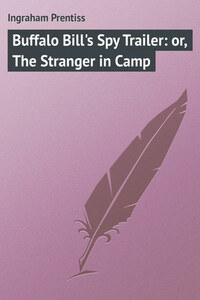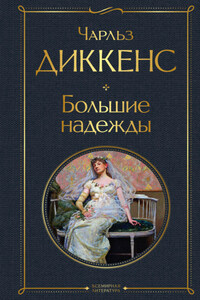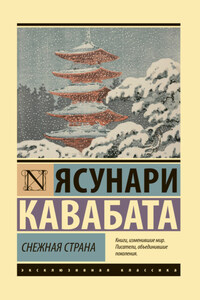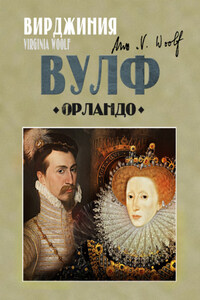IN APPRECIATION OF WILLIAM F. CODY
(BUFFALO BILL)
It is now some generations since Josh Billings, Ned Buntline, and Colonel Prentiss Ingraham, intimate friends of Colonel William F. Cody, used to forgather in the office of Francis S. Smith, then proprietor of the New York Weekly. It was a dingy little office on Rose Street, New York, but the breath of the great outdoors stirred there when these old-timers got together. As a result of these conversations, Colonel Ingraham and Ned Buntline began to write of the adventures of Buffalo Bill for Street & Smith.
Colonel Cody was born in Scott County, Iowa, February 26, 1846. Before he had reached his teens, his father, Isaac Cody, with his mother and two sisters, migrated to Kansas, which at that time was little more than a wilderness.
When the elder Cody was killed shortly afterward in the Kansas "Border War," young Bill assumed the difficult role of family breadwinner. During 1860, and until the outbreak of the Civil War, Cody lived the arduous life of a pony-express rider. Cody volunteered his services as government scout and guide and served throughout the Civil War with Generals McNeil and A. J. Smith. He was a distinguished member of the Seventh Kansas Cavalry.
During the Civil War, while riding through the streets of St. Louis, Cody rescued a frightened schoolgirl from a band of annoyers. In true romantic style, Cody and Louisa Federci, the girl, were married March 6, 1866.
In 1867 Cody was employed to furnish a specified amount of buffalo meat to the construction men at work on the Kansas Pacific Railroad. It was in this period that he received the sobriquet "Buffalo Bill."
In 1868 and for four years thereafter Colonel Cody served as scout and guide in campaigns against the Sioux and Cheyenne Indians. It was General Sheridan who conferred on Cody the honor of chief of scouts of the command.
After completing a period of service in the Nebraska legislature, Cody joined the Fifth Cavalry in 1876, and was again appointed chief of scouts.
Colonel Cody's fame had reached the East long before, and a great many New Yorkers went out to see him and join in his buffalo hunts, including such men as August Belmont, James Gordon Bennett, Anson Stager, and J. G. Heckscher. In entertaining these visitors at Fort McPherson, Cody was accustomed to arrange wild-West exhibitions. In return his friends invited him to visit New York. It was upon seeing his first play in the metropolis that Cody conceived the idea of going into the show business.
Assisted by Ned Buntline, novelist, and Colonel Ingraham, he started his "Wild West" show, which later developed and expanded into "A Congress of the Rough-riders of the World," first presented at Omaha, Nebraska. In time it became a familiar yearly entertainment in the great cities of this country and Europe. Many famous personages attended the performances, and became his warm friends, including Mr. Gladstone, the Marquis of Lorne, King Edward, Queen Victoria, and the Prince of Wales, now King of England.
At the outbreak of the Sioux, in 1890 and 1891, Colonel Cody served at the head of the Nebraska National Guard. In 1895 Cody took up the development of Wyoming Valley by introducing irrigation. Not long afterward he became judge advocate general of the Wyoming National Guard.
Colonel Cody (Buffalo Bill) died in Denver, Colorado, on January 10, 1917. His legacy to a grateful world was a large share in the development of the West, and a multitude of achievements in horsemanship, marksmanship, and endurance that will live for ages. His life will continue to be a leading example of the manliness, courage, and devotion to duty that belonged to a picturesque phase of American life now passed, like the great patriot whose career it typified, into the Great Beyond.
CHAPTER I.
THE HERMIT OF THE GRAND CAÑON
A horseman drew rein one morning, upon the brink of the Grand Cañon of the Colorado, a mighty abyss, too vast for the eye to take in its grand immensity; a mighty mountain rent asunder and forming a chasm which is a valley of grandeur and beauty, through which flows the Colorado Grande. Ranges of mountains tower to cloudland on all sides with cliffs of scarlet, blue, violet, yes, all hues of the rainbow; crystal streams flowing merrily along; verdant meadows, vales and hills, with massive forests everywhere – such was the sight that met the admiring gaze of the horseman as he sat there in his saddle, his horse looking down into the cañon.
It was a spot avoided by Indians as the abiding-place of evil spirits; a scene shunned by white men, a mighty retreat where a fugitive, it would seem, would be forever safe, no matter what the crime that had driven him to seek a refuge there.
Adown from where the horseman had halted, was the bare trace of a trail, winding around the edge of an overhanging rock by a shelf that was not a yard in width and which only a man could tread whose head was cool and heart fearless.
Wrapt in admiration of the scene, the mist-clouds floating lazily upward from the cañon, the silver ribbon far away that revealed the winding river, and the songs of birds coming from a hundred leafy retreats on the hillsides, the horseman gave a deep sigh, as though memories most sad were awakened in his breast by the scene, and then dismounting began to unwrap a lariat from his saddle-horn.








